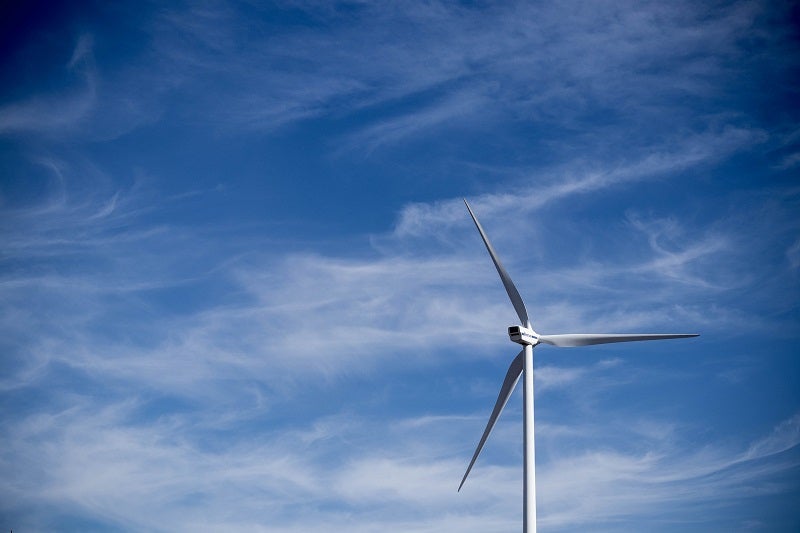
The UK government has announced plans to double the number of women working in the offshore wind sector and triple the number of highly-skilled jobs as part of its ‘Industrial Strategy.’
UK Energy and Clean Growth Minister Claire Perry will unveil a plan on 7 March.

Discover B2B Marketing That Performs
Combine business intelligence and editorial excellence to reach engaged professionals across 36 leading media platforms.
Under the offshore wind sector deal, the government will aim to increase the number of female workers in the industry from 16% to 33% by 2030 and then to 40% after that. These targets are in line with those set last year to raise the number of women working in the nuclear industry to 40%.
The offshore deal will also triple the number of ‘green-collar’ jobs – those in environmental sectors – from 7,200 to 27,000 by 2030. The government will also introduce the Offshore Energy Passport, which will allow offshore workers to transfer their skills to other offshore industries like oil and gas.
It will also look at improving the education system for offshore workers by developing a sector-wide curriculum and by increasing the number of apprentices the sector will take on.
Perry said: “The move to a cleaner, greener economy is outlined in our modern Industrial Strategy as one of the greatest economic opportunities of our time. Working with the offshore wind industry, I want to ensure that women and young people benefit from this sea-change.

US Tariffs are shifting - will you react or anticipate?
Don’t let policy changes catch you off guard. Stay proactive with real-time data and expert analysis.
By GlobalData“This deal could support a tripling of jobs over the next few decades and it is exciting to see that the industry is encouraging my children’s generation – the UK’s workforce of the future, to propel themselves into the industry, giving them the skills they need to thrive in the sector.”
The Offshore Wind Sector Deal is the tenth sector deal signed by Business Secretary Greg Clark and is expected to outline how the government and the industry will increase apprenticeship opportunities with a target to be set by Offshore Wind Week in November.
Already some companies from Hull to the Isle of Wight have started up-skilling young people and preparing them for good, high-quality jobs in the sector.
The government’s Industrial Strategy is based on four themes of artificial intelligence and data, ageing society, clean growth and future of mobility to make the UK ‘a global leader in renewables.’
With additional reporting by Jack Unwin





